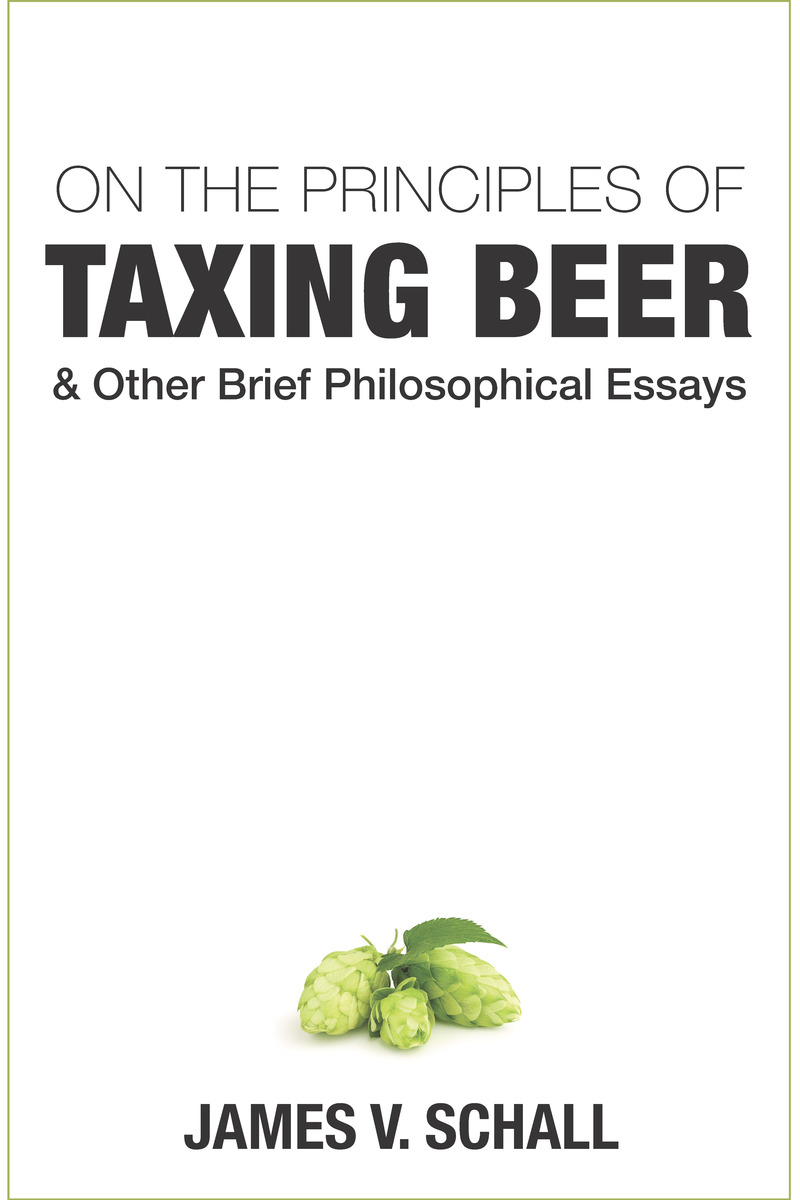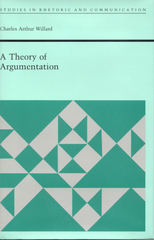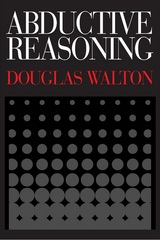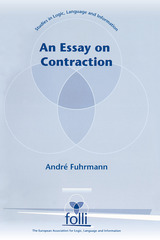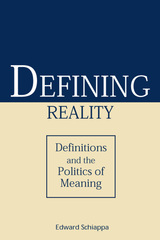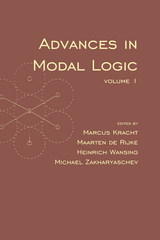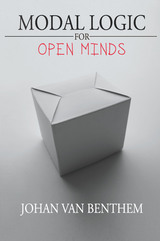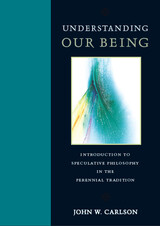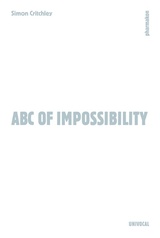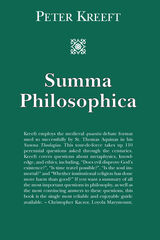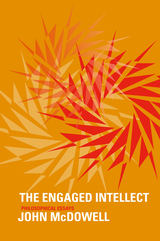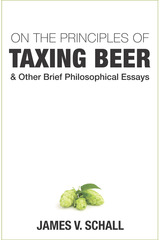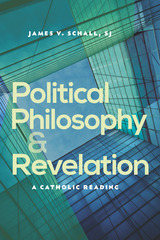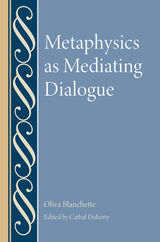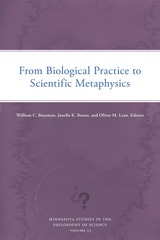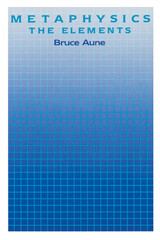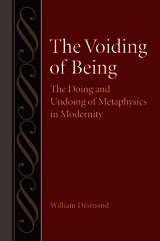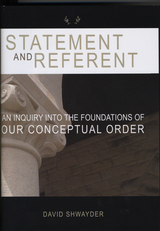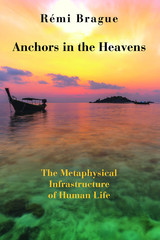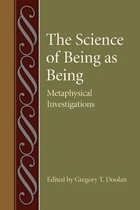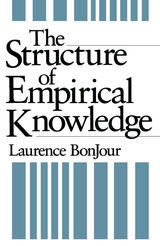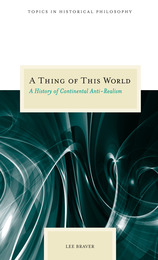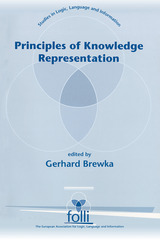On the Principles of Taxing Beer: and Other Brief Philosophical Essays
St. Augustine's Press, 2015
Cloth: 978-1-58731-615-9 | eISBN: 978-1-58731-616-6
Library of Congress Classification BD41.S265 2015
Dewey Decimal Classification 191
Cloth: 978-1-58731-615-9 | eISBN: 978-1-58731-616-6
Library of Congress Classification BD41.S265 2015
Dewey Decimal Classification 191
ABOUT THIS BOOK | TOC
ABOUT THIS BOOK
What is real and what is noble, as well as what is deranged and wrong, can often be stated briefly. Nietzsche was famous for his succinct aphorisms and epigrams. Aquinas in one of his responses could manage to state clearly what he held to be true. Ultimately, all of our thought needs to be so refined and concentrated that we can see the point. So these are “brief” essays and they are largely of a philosophical “hue.” They touch on things worth thinking about. Indeed, often they consider things we really need to think about if our lives are to make sense.
The advantage of a collection of essays is that it is free to talk about many things. It can speak of them in a learned way or in an amused and humorous way. As Chesterton said, there is no necessary conflict between what is true and what is funny. Oftentimes, the greatest things we learn are through laughter, even laughter at ourselves and our own foibles and faults.
So these essays are “brief.” And they are largely of philosophical import. At first sight, taxing beer may seem to have no serious principle, except perhaps for the brewer and the consumer. But wherever there is reality, we can find something to learn.
Each of these essays begins with the proposition “on”—this is a classical form of essay in the English language. Belloc, one the essay’s greatest masters, wrote a book simply entitled “ON”—and several other books with that introductory “ON” to begin it. The word has the advantage of focusing our attention on some idea, place, book, person, or reality that we happen to come across and notice, then notice again, then wonder about.
These essays are relatively short, often lightsome, hopefully always with a consideration that illumines the world through the mind of the reader. These essays are written in the spirit that the things we encounter provoke us, our minds. We need to come to terms, to understand what we come across in our pathways through this world. Often the best way to know what we observe or confront is to write about it, preferably briefly and with some philosophical insight. This is what we do here.
The advantage of a collection of essays is that it is free to talk about many things. It can speak of them in a learned way or in an amused and humorous way. As Chesterton said, there is no necessary conflict between what is true and what is funny. Oftentimes, the greatest things we learn are through laughter, even laughter at ourselves and our own foibles and faults.
So these essays are “brief.” And they are largely of philosophical import. At first sight, taxing beer may seem to have no serious principle, except perhaps for the brewer and the consumer. But wherever there is reality, we can find something to learn.
Each of these essays begins with the proposition “on”—this is a classical form of essay in the English language. Belloc, one the essay’s greatest masters, wrote a book simply entitled “ON”—and several other books with that introductory “ON” to begin it. The word has the advantage of focusing our attention on some idea, place, book, person, or reality that we happen to come across and notice, then notice again, then wonder about.
These essays are relatively short, often lightsome, hopefully always with a consideration that illumines the world through the mind of the reader. These essays are written in the spirit that the things we encounter provoke us, our minds. We need to come to terms, to understand what we come across in our pathways through this world. Often the best way to know what we observe or confront is to write about it, preferably briefly and with some philosophical insight. This is what we do here.
See other books on: Essays | Philosophy | Principles | Schall, James V.
See other titles from St. Augustine's Press
